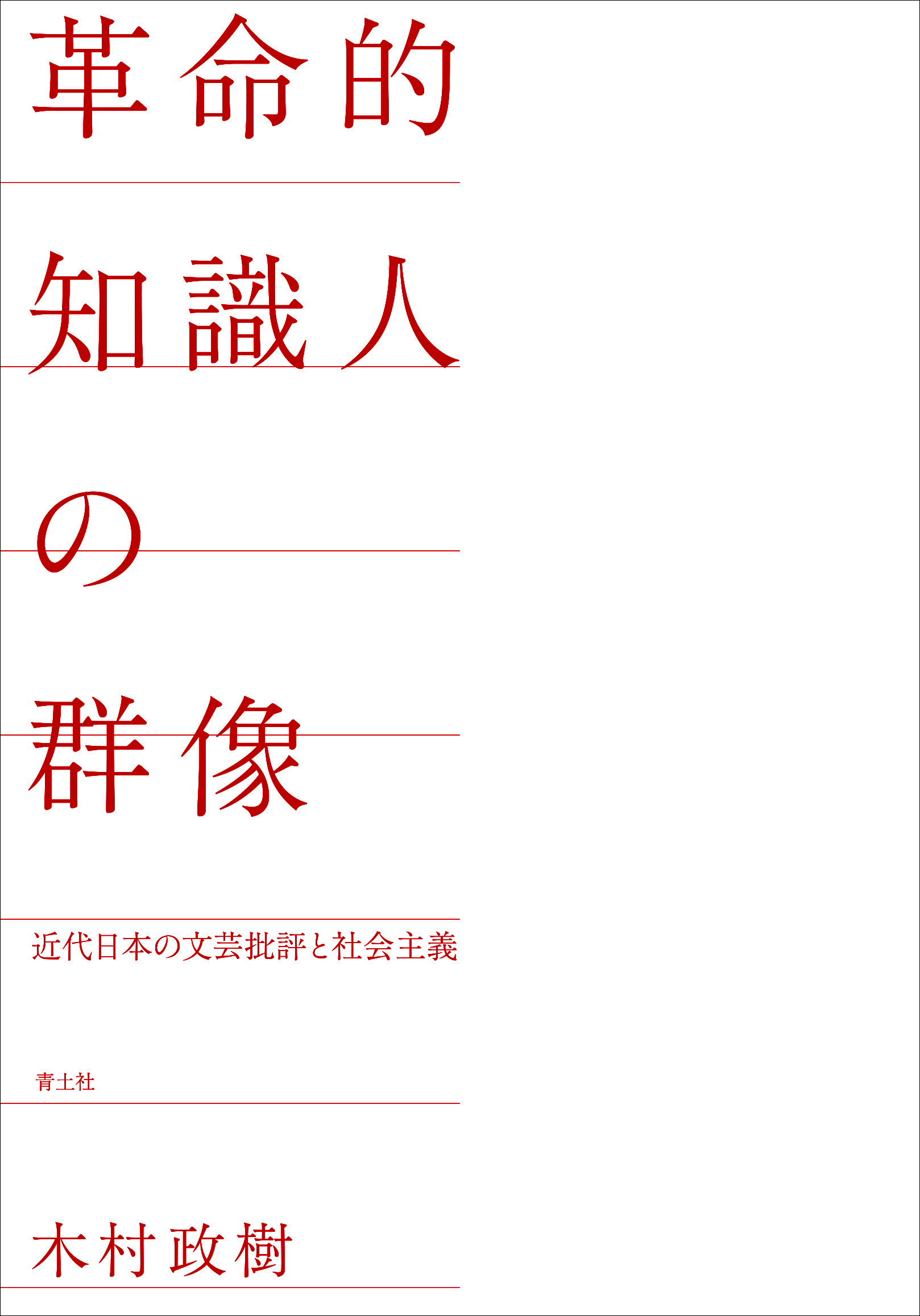
Title
Kakumei-teki Chishikijin no Gunzou (Revolutionary Intellectuals - Literary Criticism and Socialism in Modern Japan)
Size
350 pages, 127x188mm
Language
Japanese
Released
February 10, 2022
ISBN
978-4-7917-7445-6
Published by
Seidosha
Book Info
See Book Availability at Library
Japanese Page
Who is an “intellectual?” Most people interested in humanities have wondered about this at one point or another. Everyone has an image of an “intellectual,” but when looking at the specifics, the word appears to be unclear. There is not just one kind of ideal intellectual, and the values and politics of intellectuals differ. Consciously or unconsciously, there is still a need to examine intellectuals.
This book follows a group of revolutionary intellectuals in modern Japan. In pre-war and post-war Japan, intellectuals faced significant difficulty in defining themselves in relation to revolutionary ideals. For instance, engaging in socialist activities was accompanied by severe state repression. Words related to the revolution were sometimes published in a censored manner, such as “xx.” Further, the socialist terminology that proliferated through translation was ambiguous and often led to controversy. Texts written under these circumstances are comparable to coded messages.
Therefore, at first glance, it is not immediately obvious what is revolutionary text and in what form it is so. One can discover the hidden messages of revolution only by becoming a cryptanalyst and acquiring socialist-related literacy. Literary criticism and cultural movement played a unique role in revolutionary text. Talking about literature in socialist terms was also a practice of writing and publishing on the edge of being banned. The literary field itself, with its ambiguities, sometimes took on a positive significance regarding the revolutionary movement. One of my motivations behind writing this book was to shed light on the history of such intellectuals. Part I deals mainly with early socialism, Part II discusses Takeo Arishima, Part III the proletarian literary movement, and Part IV the Modern Literature School. The book, as a whole, follows the reception of Russian literature and thought.
This book focuses on the usage of terms related to “intellectuals,” such as the “intellectual class” and “intelligentsia,” and the construction of the history of literature. Through this, I aim to highlight the power of the discourse created by the intellectuals of the time. The intellectuals discussed in this book attempted to change the world by gathering information around them and categorizing themselves and others. I believe that the traces of their struggles provide valuable insights for examining the significance of the humanities today.
(Written by: KIMURA Masaki / August 19, 2022)
Related Info
The 2nd UTokyo Jiritsu Award for Early Career Academics (The University of Tokyo 2021)
https://www.u-tokyo.ac.jp/ja/research/systems-data/n03_kankojosei.html



